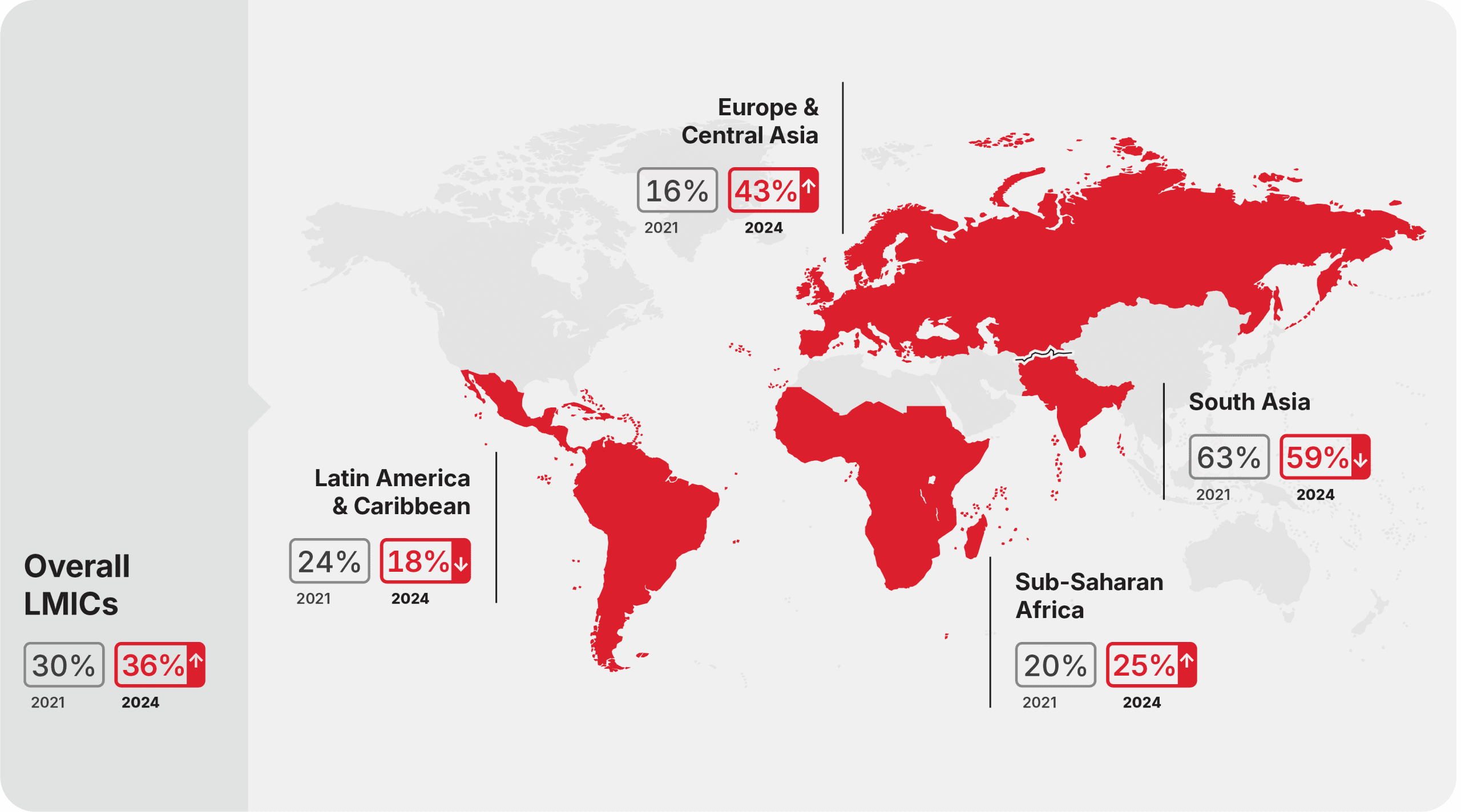We're loading the full news article for you. This includes the article content, images, author information, and related articles.
A Central Bank of Kenya report reveals women transact KSh2 trillion less than men annually on platforms like M-Pesa and Airtel Money, linking the disparity to national income inequality.

NAIROBI—Despite significant strides in financial inclusion, a major gap persists in the value of mobile money transactions handled by men and women in Kenya, according to a new report from the Central Bank of Kenya (CBK). The 2024 data reveals that men accounted for 61% of the KSh8.7 trillion transacted across mobile platforms, including M-Pesa, Airtel Money, and T-Kash, leaving women with a 39% share. This translates to a KSh2 trillion difference, with men transacting approximately KSh5.3 trillion compared to women's KSh3.3 trillion.
The primary driver of this disparity is not access to financial services but the underlying gender pay gap and broader economic inequality. The 2024 FinAccess Survey by the CBK highlights that the gender gap in access to mobile money has narrowed dramatically to just 1.8%, down from 5.2% in 2021. However, the value of transactions tells a different story. The average transaction size for men was KSh1,163.52, notably higher than the KSh1,034.24 average for women, as reported on Tuesday, November 18, 2025 (EAT).
Analysts attribute the transaction value gap directly to disparities in income. According to official data from 2023, 247,571 men earned over KSh100,000 per month, compared to only 139,847 women in the same income bracket, reflecting male dominance in high-paying corporate and government roles. This economic reality means men typically handle larger financial flows, such as business-to-business payments and substantial remittances, while women's transactions are often smaller and geared towards daily household management and micro-enterprise.
Beyond income, women face several structural and socio-cultural barriers. A 2022 report by Financial Sector Deepening (FSD) Kenya noted that women, on average, have lower education levels, own fewer assets, and are less likely to be targeted in the design of financial products. Social norms, particularly in rural and conservative regions, can also limit women's financial autonomy, with some requiring spousal permission to open bank accounts or even travel to access financial services. Furthermore, lack of official identification documents remains a significant hurdle for many young and rural women, effectively locking them out of the formal financial system.
While mobile money has been a revolutionary tool for women's empowerment—offering privacy and security from theft or coercive control by male relatives—the data shows that technology alone cannot close the economic divide. The CBK report calls on instant payment service (IPS) operators to investigate the underlying causes of the usage gap and to tailor products that are more inclusive and support greater adoption among women.
Organizations are beginning to respond. The M-Pesa Foundation, for instance, launched the 'Wezesha Mama' programme in June 2025 to provide over 500 women's groups with financial literacy, business training, and grants to scale their enterprises. Similarly, Safaricom has previously committed to the GSMA's 'Connected Women' initiative, aiming to increase the proportion of women using its mobile money and data services. These initiatives recognize that closing the transaction gap requires a multi-faceted approach that addresses not only financial access but also digital literacy, business skills, and the systemic economic disadvantages women face. As Kenya's digital economy matures, ensuring equitable participation is crucial for sustainable development and shared prosperity across the nation and the East Africa region.
Keep the conversation in one place—threads here stay linked to the story and in the forums.
Sign in to start a discussion
Start a conversation about this story and keep it linked here.
Other hot threads
E-sports and Gaming Community in Kenya
Active 9 months ago
The Role of Technology in Modern Agriculture (AgriTech)
Active 9 months ago
Popular Recreational Activities Across Counties
Active 9 months ago
Investing in Youth Sports Development Programs
Active 9 months ago